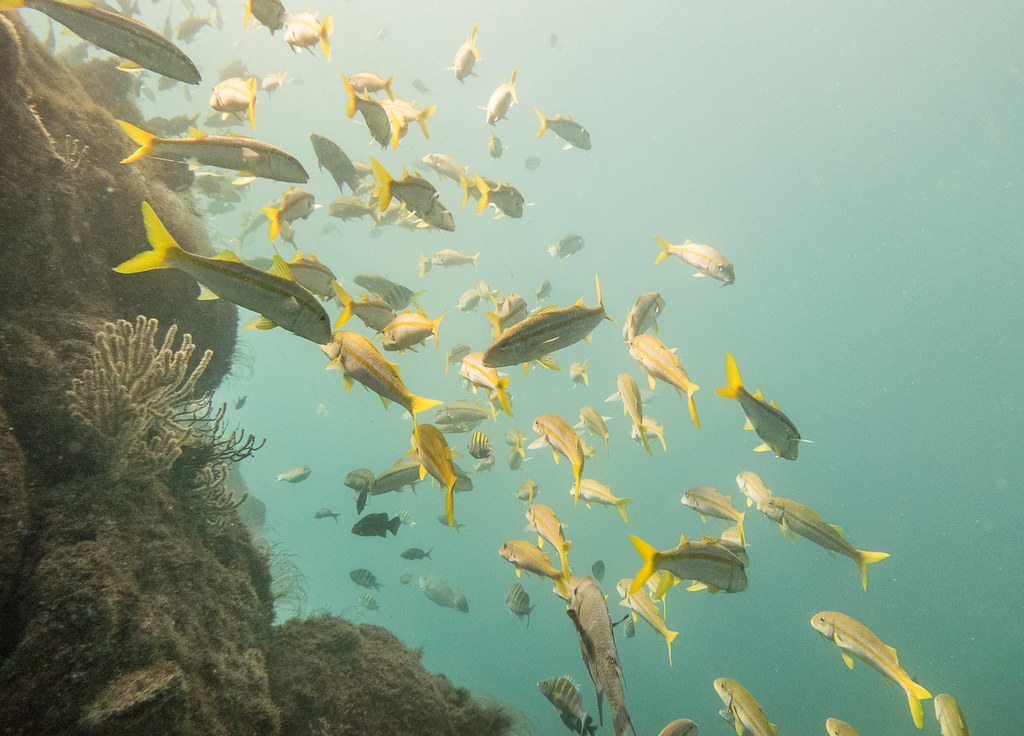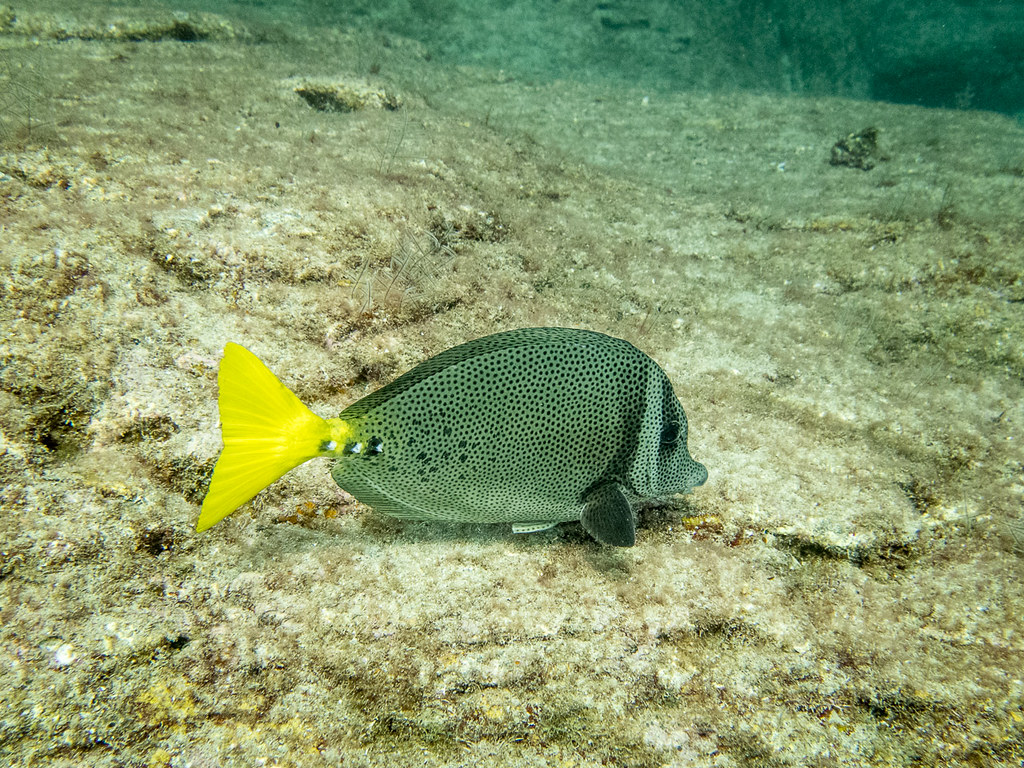Citizens Environmental Alliance is holding its third annual Farmland Drainage and the Environment Virtual Conference from Dec. 14-17:
7 pm, Dec. 14 – Lake Diefenbaker Irrigation Projects Town Hall
10 am, Dec. 15 – Crown (Public) Lands Gone Forever
10 am, Dec. 16 – Wetlands and Their Role in the Resilience of Prairie Communities
10 am, Dec. 17 – All Our Conversations Begin with Treaty – The Duty to Consult in Saskatchewan
Full details on all upcoming events can be found on the EcoFriendly Sask Calendar
Across the West
The Government of Manitoba has leased St. Ambroise Beach Provincial Park to a private operator and is contemplating additional public-private partnerships. [CBC]
“The South Saskatchewan River is well into the seasonal changes shared by cold-region rivers worldwide. As temperatures drop, life in and around the river begins to change. While a cover of ice suggests dormancy, under that cap of ice, water still flows, and life carries on.” An article by the South East Alberta Watershed Alliance explains how a cover of ice affects rivers and aquatic life. [SEAWA]
“Organic and agroecological farmers … typically plant a cover crop to restore their soil with nutrients and organic matter. Turns out, cover crops and other key practices in organic, regenerative, and agroecological farming also help farms weather the climate crisis. In addition to keeping soils stable during floods, they protect the ground from extreme heat, which can kill important microbial ecosystems, and help retain moisture during dry spells.” [National Observer]
A tiny bridge, just 12 metres long and 30 cm wide across a UK railway line, will connect two endangered hazel dormouse populations thereby increasing genetic diversity. [The Guardian]
Strava Metro is a tool for charting human-powered movement. It is now free to urban planners and advocacy groups so they can keep improving active transportation infrastructure. [Strava]
7 people talk about how they turned their back on consumerism – from furnishing a home for free to secondhand baby clothes to following the 90-day rule. [The Guardian]
Education
Climate Fresk is a collaborative workshop to collectively understand the implications of climate change and trigger action. Jeremy Williams, The Earthbound Report, says, “Climate Fresk have developed a set of cards that explain climate science … It deals with some surprisingly complicated science, but participants get to the answers through discussion and sharing what they know, tapping into a kind of ‘collective intelligence’.” [Climate Fresk]
Climate Watch
Soon, 1 out of every 15 points of light in the sky will be a satellite. There are currently no regulations to govern an industry creating air and light pollution. [The Conversation]
While a controlled release of treated wastewater from oilsands tailings ponds is seen as preferable to a sudden accidental release, concerns are being raised about deteriorating water quality in the Athabasca River and downstream. [CBC]
MiningWatch Canada has released an interactive map about mining impacts worldwide, noting issues with polluted air, land, and water; waste management; tourism; and biodiversity. [Environmental Justice Atlas]
“Ecuador’s constitutional court has blocked plans to mine copper and gold in Los Cedros, a protected cloud forest, ruling that the plans violate the rights of nature.” [Yale Environment 360]
That’s Amazing!
“Every evening, after twilight gives way to dark, hordes of marine creatures — from tiny zooplankton to hulking sharks — rise from the deep to spend the night near the surface.” Researchers are just beginning to understand the purpose and extent of this vertical migration. [Knowable Magazine]
EcoFriendly Sask supports Saskatchewan environmental initiatives through an online publication, an events calendar, small grants, and the Nature Companion website/app. You can follow EcoFriendly Sask by liking us on Facebook, following us on Twitter, or subscribing by email (top right corner).


